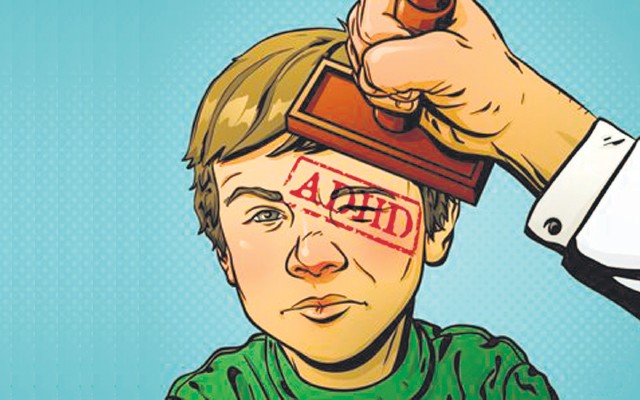In a German clinical study on Cannabis and ADHD conducted between 2012-2014, patients with Attention Deficit Hyperactivity Disorder (ADHD) were given medical cannabis to potentially treat symptoms related to ADHD. The study concluded patients with ADHD who didn’t benefit from conventional medication may benefit from consistent usage of herbal cannabis.
30 patients – two women, 28 men – made up the study with an average age of 30 at the initial visit, and ranged from 21 to 51 years old. Prior to the use of cannabis, these 30 patients were using conventional ADHD medication such as Ritalin, Concerta, Strattera, Dextrostat and Vyvanse, but seeing no improvements in their symptoms.
The patients were generally asked to discontinue use of conventional medication, because it could have an adverse effect combined with the herbal cannabis and due to its prior ineffectiveness, and focus solely on the herbal cannabis to see how effective it was. Upon switching to the herbal or edible cannabis, all 30 patients reported improved concentration and sleep along with reduced impulsivity.
RESULTS OF CANNABIS AND ADHD STUDY
At the conclusion of the study, 8 of the patients continued to take a combination of conventional medication and cannabis as they deemed it the most successful method to treating their symptoms. The remaining 22 decided to stick with just the herbal cannabis because it worked so well for them and they had no luck previously with the prior medication.
The clinical study came after case reports from 2008 suggested the possibility of therapeutic benefits from the use of herbal cannabis. The case study took a 28-year-old subject diagnosed with ADHD, exposed them to herbal cannabis, and found it “had a positive impact on performance, behavior and mental state”.
As of 2011, 11 percent of American children between the ages of 4 and 17 had been diagnosed with ADHD. The number of adults was lower, just 4 percent, though it is likely higher because if they weren’t diagnosed as a child, they likely won’t be as an adult.
IMPLICATIONS OF CANNABIS AND ADHD STUDY
Currently, the use of medical cannabis is not allowed to treat ADHD or its symptoms in the United States. However, two states – California and Washington, D.C. – allow doctors to recommend medical cannabis as a treatment, but solely at their discretion.
With over 10 percent of children in the United States suffering from ADHD and an unknown number of adults, this clinical study could very well open the door to states with legal medical cannabis incorporating ADHD as one of the ailments able to utilize its benefits.





